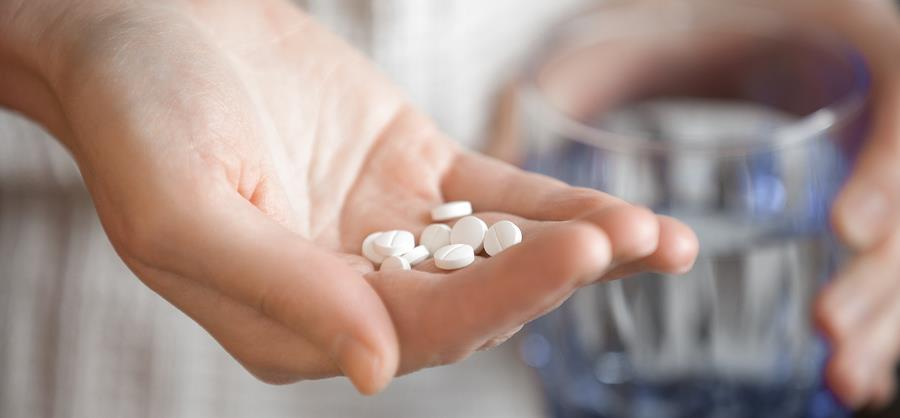Why Your Doctor Tells You To Finish ALL Your Antibiotics
Yes, even after you feel better.
We've all heard it before from our doctors - finish your antibiotics 'til the very last drop or tablet, even after you feel better and recovered from the bout of illness
Antibiotics, also known as antibacterials, are antimicrobial drugs used to treat bacterial infections such as skin infections, strep throat, and urinary tract infection (UTI).
It is very important to note that antibiotics have no effect on viruses. Hence, antibiotics are not effective against viral infections such as the common cold, flu, as well as most coughs and sore throats. It should be noted, however, some doctors might have prescribed antibiotics for such illnesses if they initially believed it to have been caused by bacteria.
But let's face it, some of us don't always heed those instructions and probably stopped taking those antibiotics once the symptoms have faded. After all, the meds have done their job, right?
Well, not quite.
You see, there are crucial reasons as to why you are instructed to finish the full course of antibiotics. For one, it's to ensure that all the bacteria that's causing your illness or infection are completely eliminated.
Cutting short your prescribed course of antibiotics could mean that not all the harmful bacteria are killed, with the surviving bacteria likely to be of the "tougher" variety. Stopping treatment before its due not only allows the surviving bacteria to repopulate, they could also mutate and develop a resistance to the antibiotic.
As a result, there's a risk that you might contract a longer and more complicated illness, as antibiotics might not be as effective against these mutated bacteria anymore.
On a bigger scale, patients who don't complete their course of antibiotics are a contributing factor to a phenomenon known as antibiotic resistance, one of the biggest concerns in modern medicine and public health
For every patient who develops antibiotic-resistant bacteria in their body, it increases the risk of having it spread to other people and add to the pool of antibiotic resistance in the community.
Illnesses or infections resulting from antibiotic-resistant bacteria can be serious and challenging to treat, with the biggest worry being the potential emergence of new bacteria strains or "superbugs" that cannot be effectively treated by any and every existing antibiotic, possibly leading to disability and death among patients.
On a related note, overuse of antibiotics is also often cited as a leading contributor to antibiotic resistance.
However, it should be noted that a medical professor has argued that there was minimal risk in stopping antibiotics if the signs and symptoms of a mild infection had resolved
In a 2015 article in the Medical Journal of Australia, Professor Gwendolyn Gilbert of the University of Sydney wrote, "There is a common misconception that resistance will emerge if a prescribed antibiotic course is not completed. For most infections, the recommended duration of therapy (5–14 days, depending on syndrome) is based on expert opinion and convention, rather than solid evidence."
In an article titled 'No, you don’t have to finish all your antibiotics', Professor Gilbert suggested that "for most otherwise healthy people, significantly reducing, but not necessarily totally eliminating, the bacteria causing the infection allows the body’s natural defences to take over and mop up the remaining few."
Even so, the safe thing to do would be to finish the course of antibiotics as instructed by your doctor, as they would have prescribed it based on their best clinical judgement
If you truly believe that you should stop your course of antibiotics, you can always ask your doctor to make sure it's okay to do so.



